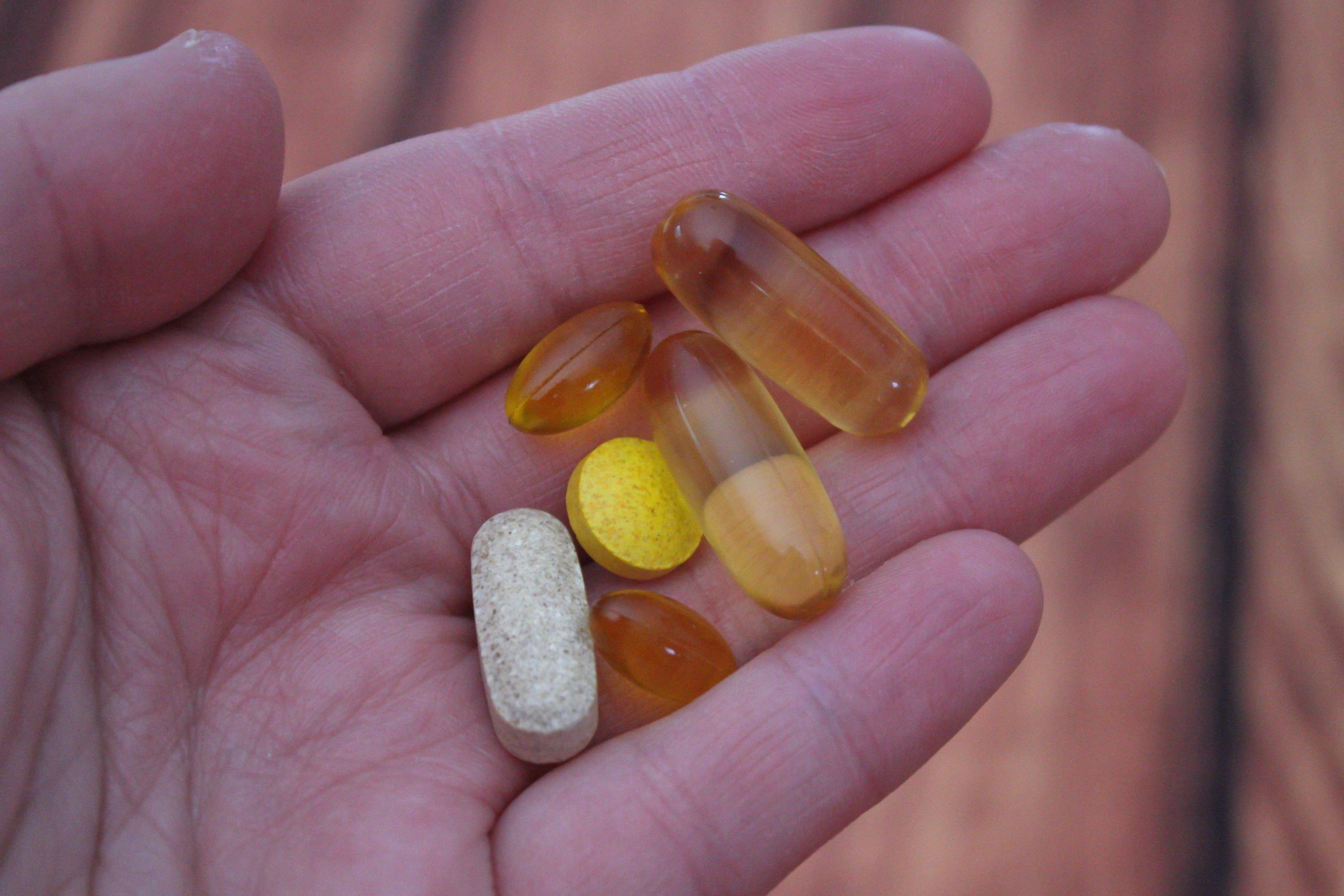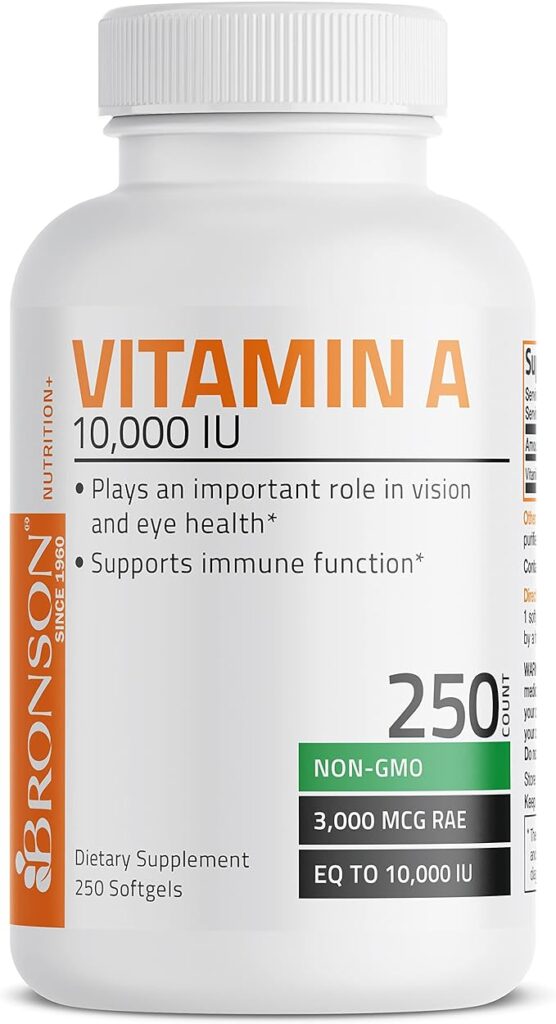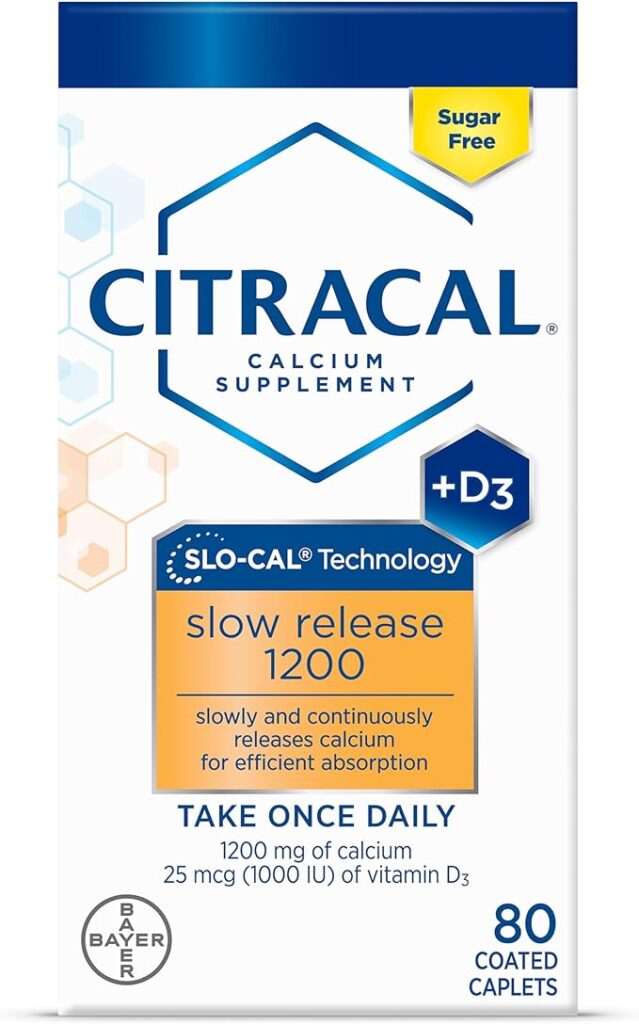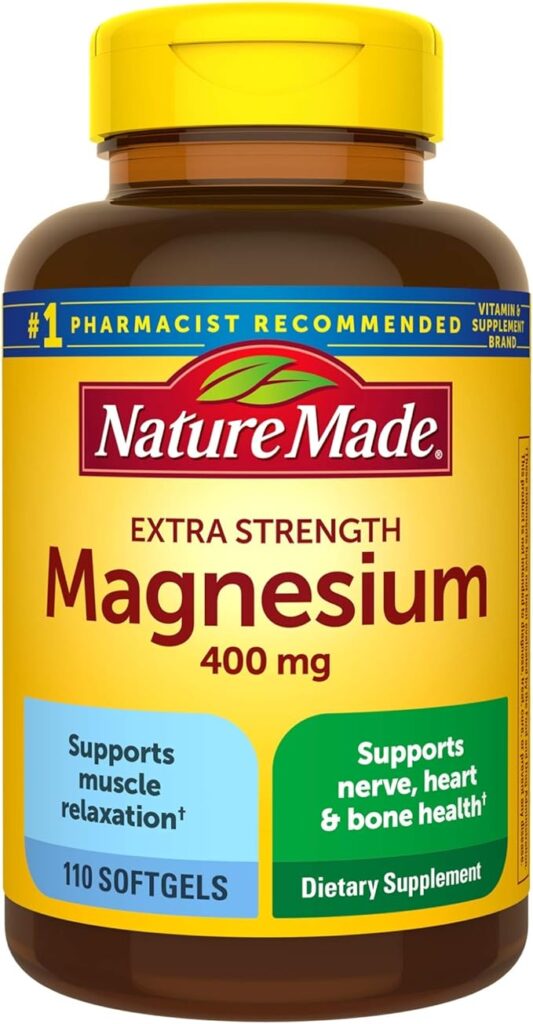We see vitamin and mineral supplements in the store and think to ourselves, “I should probably buy these, but why?” It is normal to be skeptical about supplements and health trends that you don’t know much about, but taking vitamins and minerals could actually really benefit your health and wellness! To make it easy for you, we have a breakdown of common vitamins and minerals that you see in supplements at the store so that you know exactly what you are buying. Also, if you aren’t a fan of supplements, we have included some foods that you can add to your diet that will help you attain your daily vitamin and mineral goals!
Vitamin A
This one helps with healthy vision, immunity, skin, fertility and regular menstrual cycles, according to vitasave.ca, an online vitamin resource. These characteristics make it great for women who are trying to become pregnant.
FOUND IN: BEEF LIVER, EGGS, SHRIMP, FISH AND DAIRY PRODUCTS
Vitamin B
There are 8 different nutrients in the B vitamin complex, perhaps the most famous one being B-12. This is a very important vitamin for red blood cell formation, nerve function and the making of DNA, according to the Mayo Clinic. Most people are able to store a lot of vitamin B-12 just from a well balanced diet; however, those who do not eat meat could develop a B-12 deficiency because plant sources do not provide enough of the vitamin. Also, older adults could be more prone to developing a vitamin B deficiency.
FOUND IN: DAIRY PRODUCTS, FISH AND MEATS
Calcium
This mineral is important for maintaining strong bones and teeth! It also helps orchestrate the movement of muscles, blood, hormones and enzymes, according to the National Institutes of Health. Many people do not get their recommended daily amount of calcium, especially young kids (ages 9-18) and older people (50+).
FOUND IN: DAIRY PRODUCTS, KALE, SALMON AND BROCCOLI
Vitamin C
Vitamin C is important for many reasons. It acts as an antioxidant and helps protect cells from harmful free radicals, according to the National Institutes of Health. Also, it helps fortify your immune system by encouraging the function of white blood cells. Anyone can benefit from the addition of a vitamin C supplement, but the recommended amount you should take will vary on your age!
FOUND IN: CITRUS, KIWI, GREEN PEPPERS, BROCCOLI AND TOMATOES
Vitamin D
This vitamin helps you absorb calcium, which is important for strong bones and teeth. If you don’t get a lot of sunlight, you could be in need of some vitamin D.
FOUND IN: FATTY FISH LIKE SALMON AND TUNA, WHOLE EGGS AND MUSHROOMS
Folate
Also known as vitamin B9, this vitamin is important for red blood cell formation and healthy cell function, according to the Cleveland Clinic. It also is important for women who are pregnant to take folate supplements to prevent birth defects.
FOUND IN: LEAFY GREENS, FRUITS AND LEGUMES
Iron
Iron is a mineral that mainly resides in our red blood cells. The average person normally gets enough iron daily, according to Healthline; however, there are some who could benefit from an iron supplement. People who are anemic (iron deficient), pregnant, menstruating or exercising heavily should talk to their doctor about the addition of an iron supplement into their routine.
FOUND IN: LEAN BEEF, CHICKEN, OYSTERS, BEANS, DARK LEAFY GREENS AND TOFU
Magnesium
Magnesium is another mineral needed to Z maintain a healthy body. It helps to regulate muscle function, nerve function, blood pressure and blood sugar levels, just to name a few of its responsibilities, according to the National Institutes of Health. Recommended daily amounts of this mineral will vary depending on your sex and age.
FOUND IN: NUTS, WHOLE GRAINS, SPINACH, SEEDS AND MILK PRODUCTS
Omega-3
So, technically, Omega-3 is an essential fatty acid, not a vitamin or mineral. However, it is still an important nutrient that is found in many supplements and multivitamins. We can only get omega-3 fats from the things that we ingest (food or supplements), and the body can’t “make them from scratch,” according to the Harvard School of Public Health. Omega-3 fatty acids have been known to help control things like heart disease, eczema, lupus, arthritis and risk of cancer.
FOUND IN: PLANT OILS, FATTY FISH, WALNUTS, FLAX SEEDS (AND OIL) AND CHIA SEEDS
Potassium
This mineral is fairly abundant in our bodies, but most people do not get enough of it on a daily basis. Potassium is an electrolyte and is connected to muscle contractions, water balance and heart functions, according to Healthline. Getting the recommended amount of this mineral could help lower your risk of high blood pressure.
FOUND IN: LEAFY GREENS, AVOCADOS, FISH, WATERMELON, BANANAS AND COCONUT WATER
Zinc
Those who live high-stress lives could be in need of some zinc, according to Healthline. This mineral bolsters our immune system as well as helps us turn carbs, fats and protein into energy. Naturally, our bodies do not store zinc, and most people do not get enough zinc from their daily diet. Maybe a zinc supplement is that missing piece you’ve been looking for to keep you energized and help you feel less stressed?
FOUND IN: BEEF, PUMPKIN SEEDS, ORGAN MEATS (LIKE LIVER), SPINACH AND OYSTERS
Related articles
Can Exercise Contribute To Your Happiness?
The Mental & Emotional Benefits Of Meditation
Whys Is It So Important To Eat A Healthy Breakfast?
Fitness And Nutrition: The Magic Formula




